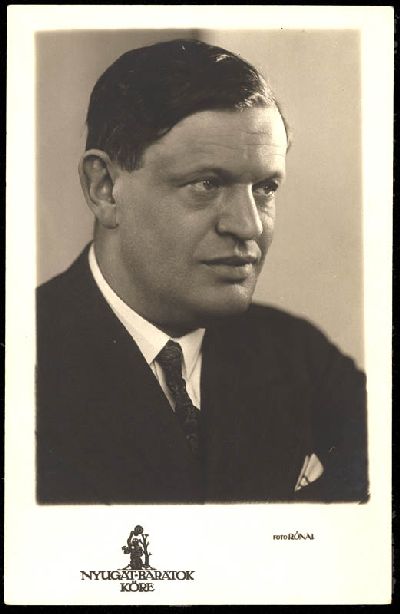I've got quite a face, thank God
for smiling or scowling;
tho the smile doesn't earn me much
(so knowingly innocent
and forgiving of all
they bewilderingly find themselves to be
people wonder what they've done
and edge away from me)
– but the scowl – that's different!
especially when I strick a cigar in it.
If they have any plans
for bringing me crashing down on it
They give them up. Either way
no one believes in the puddle of mother's milk
that almost floats my heart, or how
the miracle of a human being's existence
disarms me. I guess I see enough evil
as it is, without it being tossed like acid
into my eyes
– the way most people get it.
*
Knowing I Live in a Dark Age
Knowing I live in a dark age before history,
I watch my wallet and
am less struck by gunfights in the avenues
than by the newsie with his dirty pink chapped face
calling a shabby poet back for his change.
The crows mobbing the blinking, sun-stupid owl;
wolves eating a hamstrung calf hind end first
keeping their meat alive and fresh...these
are marks of foresight, beginnings of wit;
but Jesus wearing thorns and sunstroke
beating his life and death into words
to break the rods and blunt the axes of Rome:
this and like things followed.
Knowing that in this advertising rainbow
I live like a trapeze artist with a headache,
my poems are no aspirins... they show
pale bayonets of grass waving thin on dunes;
the paralytic and his lyric secrets;
my friend Al, union builder and cynic,
hesitating to believe his own delicate poems
lest he believe in something better than himself:
and history, which is yet to begin,
will exceed this, exalt this
as a poem erases and rewrites its poet.
Milton Acorn
ÖNARCKÉP
Hát arcom, az van, hála Isten:
tudok mosolyogni, nézni zordan;
bár a mosollyal nem sokra megyek,
(oly ártatlan, mindentudó,
és mindent megbocsát, amit
az emberek zavartan észlelnek magukban,
nem értik hát, mit követhettek el,
s gondosan elkerülnek),
– na de a morc pofa – az már valami!
(Hát még mikor szivart bökök a közepébe!)
Ha úgy gondolták, jól tennék, ha nagy
puffanással ráejtenének, hát most
föladják ezt a tervet. Így se, úgy se
hiszi el senki, hogy a szívem anyatej
tócsájában ázik, sem azt,
hogy lefegyverez az emberi létezés
csodája. Azt hiszem, láttam elég gonoszt már,
anélkül is, hogy mint a sósavat
öntsék a szemembe – pedig
így szokta kapni szinte minden ember.
*
MERT SÖTÉT KORBAN ÉLEK
Mert tudom, sötét, történelem előtti korban élek,
vigyázok hát a pénztárcámra, és
az utcai lövöldözés nem lep meg úgy,
mint az, hogy az újságos, piszkos, fagycsípte arccal
visszahívja, az ottfelejtett apróért a kopott költőt.
Hogy a varjak megrohanják a naptól kába baglyot,
s a kikötött borjú húsát a farkasok
előbb hátulról rágják le, hogy eleven és friss maradjon... mindezek
előrelátás jelei, az ész csírái;
de azután Jézus, tövistől, napszúrástól
gyötrött fejjel, kimondva életét és halálát,
hogy kicsorbítsa Róma bárdjait, vesszőit összetörje:
ez következett, és más hasonlók.
Mert jól tudom: e reklám-szivárvány tetején
mint fejfájós kötéltáncos, úgy élek,
s a vers nem aszpirin... füvek finom
pengéit mutatja, ahogy a dűnéken rezegnek;
a paralitikust és lírai titkait;
barátomat, Alt, cinikust és szakszervezeti aktivistát,
ki saját gyöngéd verseiben hinni nem mer,
nehogy hinnie kelljen valami magánál különbben:
és a történelem, mely még csak most jön el,
mindezt majd meghaladja,
ahogy a vers letörli s újraírja a költőt.
Rakovszky Zsuzsa fordításai
[In: Gótika a vadonban, Kanadai angol nyelvű költők, Európa Könyvkiadó, 1983]
..............................................................................................................................................................................................................................













